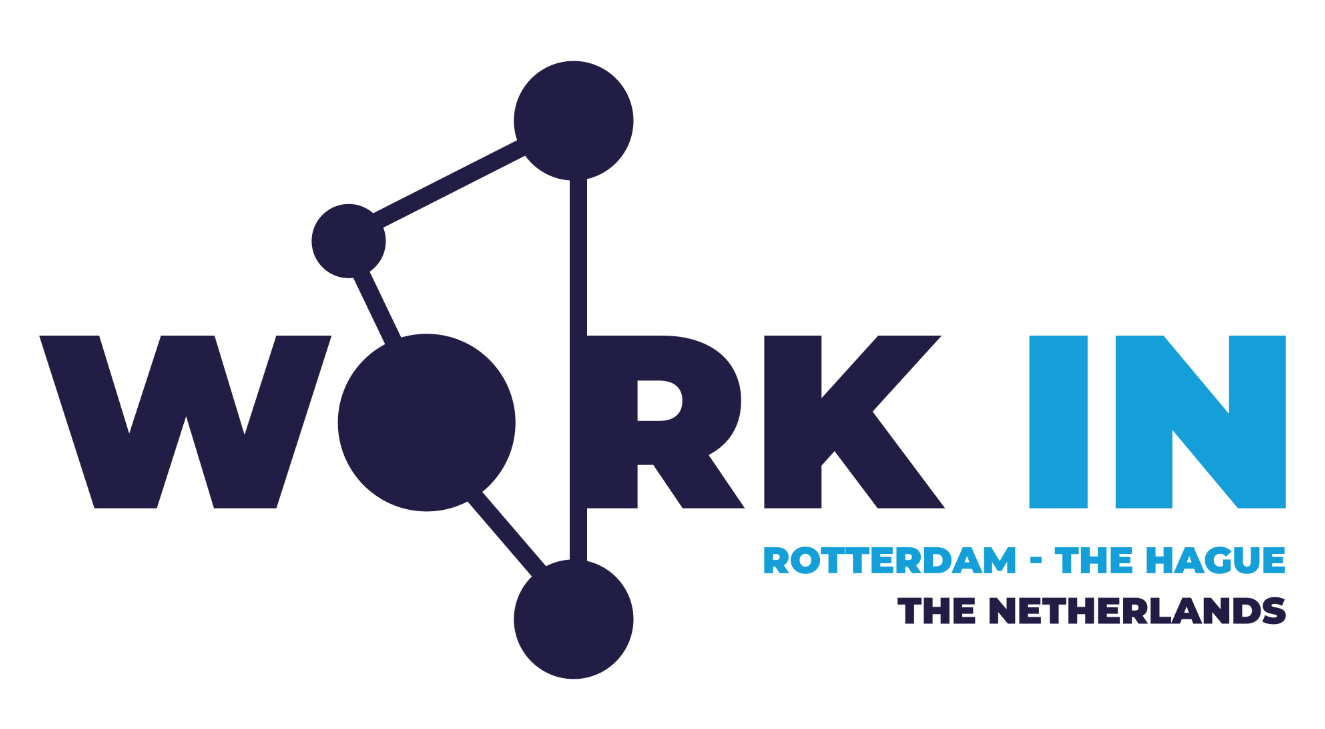Post-Doc: Manifesting Mandates

Leiden University
Post-Doc: Manifesting Mandates: Navigating Ambiguity in UN Special Political Missions (1,0 FTE)
The Institute of Security and Global Affairs (ISGA) wishes to appoint a full-time Post-Doctoral researcher to carry out research activities related to the United Nations’ Special Political Missions. The PostDoc’s research is part of the project Manifesting Mandates: Navigating Ambiguity in UN Special Political Missions.
What you will do
The Post-Doctoral researcher will be appointed for a period of eighteen months and contribute to the overall development of the project. The candidate is expected to carry out at least one research trip to a selected Special Political Mission of interest, which will be determined on the basis of the expertise of the PostDoc. This must lead to at least one publication in an international peer-reviewed journal. In addition, the candidate is expected to contribute to the conceptual and theoretical development of the overall project and co-author further journal articles with the Principal Investigator. The PostDoc is also expected (for 20% of the contract) to assist with teaching across several programs within the institute.
Key responsibilities
- Create, plan, and execute a research project on a UN Special Political Mission in a country in the Latin America, MENA, or Central Asia region—in line with the objectives of the funded project and in close collaboration with the Principal Investigator.
- Collaborate closely with the Principal Investigator on the team in all research output and project administration.
- Conduct at least one field trip to a Special Political Mission.
- Author at least one international peer-reviewed journal article on the project’s research findings.
- Co-author at least one international peer-reviewed journal article with the Principal Investigator on the project’s research findings.
- Conduct other tasks related to the project as requested by the Principal Investigator.
- Assist in dissemination of project findings through conferences and social media.
- Assist with teaching across several programs within the institute.
Background to the Research Project
Conflict management norms in multilateral fora such as the UN Security Council are in flux. There is ambiguity and uncertainty surrounding the future of collective conflict management. This context makes it more difficult for UN peace operations to interpret mandates and political directives, which already tend to be static, ambiguous, and insufficiently contextualised to complex and fast-changing environments.
In this project, we develop two research lines. The first investigates the opportunities and challenges of the UN's Special Political Missions as a potentially promising instrument to both address some of the shortcomings of current templates and generate consensus among UN member states. These missions are more squarely focused on the politics of peace processes, light-footprint, and support the conflict parties in things like mediation and the implementation of peace agreements. They are increasingly being operationalised to manage conflict globally because large military peace operations are no longer considered an option due to their cost, inability to resolve the conflict, and a deficit of viable exit strategies. However, we have relatively little knowledge about what they do, how they function, and how effective they are.
The second research line asks how the staff and leadership operating in Special Political Missions navigate this increased ambiguity. How do SPM staff interpret and action UN mandates at mission level? How can we explain variation in mission level interpretation of top-down directives? How do SPM staff navigate international and regional competition in their mission areas?
To answer these questions, we use a comparative case study across different types of SPMs on three continents. This research contributes to scholarship on how global governance is dealing with the crisis of multilateralism and debates on organisational culture, principal-agent relationships, and micro-level responses to macro-level ambiguity.
Where you will work
The mission of the Faculty of Governance and Global Affairs (FGGA)? Contributing to society. The faculty does this through high-quality interdisciplinary education and (new) scientific knowledge. Whether it is terrorism, security, artificial intelligence or a governance solution to the housing crisis, contemporary issues are comprehensively addressed at FGGA.
In the heart of The Hague, where important decisions are made, students and professionals come together to gain knowledge and skills. There is much collaboration with academic and societal partners, which ensures that students leave university with a smile and one foot in the future, ready to make a substantial contribution to society.
FGGA is one of the seven faculties of Leiden University. This young, entrepreneurial, innovative organisation has three scientific institutes, two centres, over 3,700 students and 425 staff members. For more information about the faculty, click here.
The Institute of Security and Global Affairs (ISGA) is a scientific institute specialising in security issues. ISGA is part of the Faculty of Governance and Global Affairs of Leiden University.
ISGA analyses and studies security issues with local, national, transnational and global impact. These include crises, intelligence, terrorism, war, violence and cybercrime. The institute is characterised by a multidisciplinary research approach.
ISGA is based in the residential city of The Hague, the international city of peace, justice and security. Inspiring interactions are maintained with other knowledge institutions, regional, national and international governments, the private sector and NGOs.
What you bring
In this team, we are looking for someone who can work independently. Every job is different, so in the beginning we will devote attention to your onboarding. If some of the work activities are new to you, we will look together at what you need, and draw up a development plan. This position is a good fit for you if you recognise yourself in the following:
Selection Criteria: Essential
- PhD degree completed by the time of the appointment, ideally in political science, international relations, international organizations, security studies, or peace and conflict studies. The PhD topic should be related to peace and conflict and/or conflict resolution.
- Demonstrated experience of conducting field research and interviews.
- Demonstrated experience of using qualitative research methods and a willingness to develop expertise in further methodological work.
- Awareness of and/or expertise in the United Nations’ peace operations
- Country expertise on a relevant country in either Latin America, the MENA region, or Central Asia
- Ability and availability to travel for field trips.
- Demonstrated experience of working both independently and as part of a team in an organized and results-oriented fashion.
- Excellent command of English (CEFR Level C1 or above).
- You live and are officially registered as resident in The Netherlands or are willing to relocate upon starting the position.
Selection Criteria: Preferred
- Additional language skills, preferably one or more of the official UN languages (specifically Arabic, Chinese, French, or Spanish).
- Expertise in, or familiarity with sociology, anthropology or psychology will be considered an asset.
- Demonstrated ability to publish in international peer-reviewed journals.
If you immediately recognise yourself in this profile, or if do you not quite meet all the requirements, but you believe that this is the right job for you, we look forward to your application!
What we offer
Our goal is to work together to create a transparent and inclusive work environment in which everyone feels welcome and appreciated. Our organisation is always evolving and we need your ideas for improvement and innovation to take us further. We want to devote attention to your personal development.
You can count on an enjoyable job within the socially relevant world of education and research. The University's challenging and international work environment is located in the bustling city centre of The Hague. We also want to work with you to devote attention to your health and vitality, for example with the fun activities we organise through Healthy University.
We also offer:
- An employment contract for the duration of 18 months. This contract falls under the CLA of Dutch Universities;
- A salary of a minimum of € 4.728,- and a maximum of €6.433,- gross per month, based on a full-time appointment (38 hours) (scale 11);
- A holiday allowance (8%), an end-of-year bonus (8,3%), and an attractive pension scheme at ABP;
- Full reimbursement of public transport commuting costs for home-to-work travel;
- Flexible working hours: as a standard, you are entitled to a minimum of 29 leave days on the basis of a full-time working week of 38 hours; you can also save for extra leave, for example by working 40 hours a week, and in this way accrue an extra 96 leave hours, or exchange 96 leave hours for a 36-hour week.
- Lots of options when it comes to secondary employment conditions; we can, for example, discuss options for a sabbatical or paid parental leave. Within our terms of employment individual choices model, you can exchange leave days and/or salary for benefits such as an advantageous sports subscription or bicycle scheme, and we also offer child-care options;
- If your work allows it, hybrid working is possible within the Netherlands;
- A home-working allowance (day and internet allowance) and attention for good workplaces. The University will also provide you with a laptop.
For more information about employment conditions, see https://www.universiteitleiden.nl/en/working-at/job-application-procedure-and-employment-conditions
What we find important
Promoting an inclusive community is central to Leiden University’s values and vision. Leiden University aims to be an inclusive community in which all students and staff members feel valued and respected, and are able to develop to their full potential. Diversity in experiences and perspectives enriches our teaching and strengthens our research. High-quality education and research means inclusive education and research.
Want to apply or find out more?
If you want to apply straight away, click the application button and submit the following documents (PDF format), quoting the vacancy number
- Motivation letter, including your relevant interest and experience in the subject matter and in doing advanced research (max 1 page)
- Curriculum vitae
- A research statement, where you will pitch your specific ideas on how you would contribute to the overall project and approach the field research. This should include: your research question(s); how you would approach answering these questions (i.e. a preliminary research design, appropriate data, and analysis methodologies); and what you consider to be the academic (empirical and/or conceptual) contributions and relevance of the research (max 500 words);
- The names and addresses of two referees (no recommendation letters required at this stage).
Enquiries can be made to Dr. Tom Buitelaar, email t.j.a.buitelaar@fgga.leidenuniv.nl
You can apply until October 16, 2025. Interviews will be held online or in person depending on the location of the applicant.
To help us get to know each other better, we follow a number of steps in the application procedure. For more information, see https://www.universiteitleiden.nl/en/working-at/job-application-procedure-and-employment-conditions
- We believe mobility is very important. That is why we are also publishing this vacancy internally. In case of equal suitability, we will give priority to the internal candidate.
- A pre-employment screening (references, diplomas,) may be part of the selection procedure.
- Acquisition in response to this vacancy is not appreciated. If you nevertheless choose to send us CVs, no rights can be derived from this.

